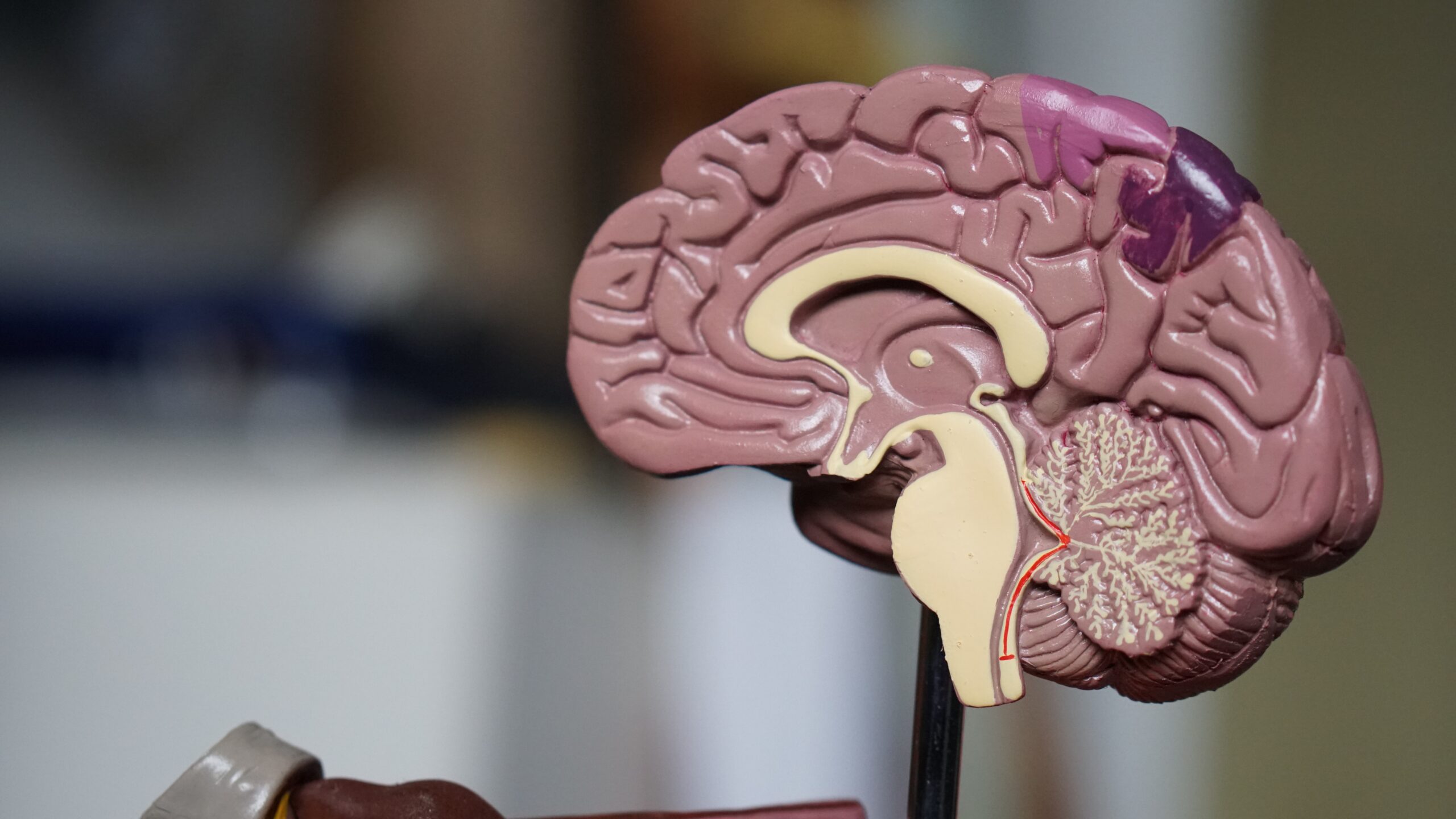The largest-ever genome-wide association study of dementia from all causes has been reported by researchers at The University of Texas Health Science Centre at San Antonio (UT Health San Antonio). The study is a landmark study that reveals an overlap of genetic risks including neurodegeneration, vascular factors, and cerebral small-vessel disease.
Using the entire set of DNA, or genome, of a large population (in this case, a dataset of 800,597 individuals with 46,902 and 8,702 cases of all-cause dementia and vascular dementia, respectively), genome-wide association studies assist scientists in identifying genes linked to a given disease or trait.
Dementia is a multifactorial disease with Alzheimer’s disease and vascular dementia pathologies making the largest contributions – and yet, most genome-wide association studies focus just on Alzheimer’s disease,
We conducted such a study of all-cause dementia and discovered a substantial genetic overlap with vascular dementia.
Bernard Fongang, PhD
The study “A genome-wide association meta-analysis of all-cause and vascular dementia,” which was published on July 24 by Alzheimer’s & Dementia: The Journal of the Alzheimer’s Association, has Fongang as the corresponding contact. Fongang is also affiliated with the departments of biochemistry, structural biology, and population health sciences at the Joe R. and Teresa Lozano Long School of Medicine at UT Health San Antonio. The Mega Vascular Cognitive Impairment and Dementia (MEGAVCID) collaboration, a worldwide cohort focused on the genetics of vascular cognitive impairment and dementia, is recognised as the study’s author.
The report states that vascular dementia is the second most frequent subtype of dementia after Alzheimer’s disease. Still, the two illnesses are different clinically.
Atherosclerosis and arteriolosclerosis are thought to be the underlying diseases that lead to vascular dementia, which is diagnosed based on the occurrence of a stroke or severe cerebral vascular disease. However, a plethora of recent research has shown the widespread role that brain vascular injury plays as a primary mechanism for cognitive decline.
According to the study, there is growing recognition that vascular disease plays a significant role in all major dementias and that it interacts with other neurodegenerative pathologies, such as tau and amyloid beta, to influence the risk of dementia.
As a result of the majority of genome-wide association studies emphasising various genetic risk variants for Alzheimer’s disease, Fongang’s group studied all-cause dementia and looked at the genetic overlap with vascular dementia.
Its extensive dataset included participants from four distinct reported ancestries: European (98.5%), African (1.0%), Asian (0.4%), and Hispanic/Latino (0.1%). These participants were drawn from the Cohorts for Heart and Ageing Research in Genomic Epidemiology (CHARGE), the Alzheimer’s Disease Genetics Consortium (ADGC), the European Alzheimer Disease Biobank (EADB), and the UK Biobank (UKBB).
Both vascular dementia and all-cause dementia were shown to share known genetic variations linked to Alzheimer’s disease. A functional investigation demonstrated the overlap between cerebral small vessel disease, vascular risk factors such hypertension and diabetes, and hereditary risks of neurodegeneration and all-cause dementia.
All-cause dementia and vascular dementia are essentially associated with known genetic variations for Alzheimer’s disease.
Our findings expand the current knowledge base of dementia genetics by focusing on both all-cause dementia and vascular dementia,
We identified several putative genetic variants and biological pathways associated with all-cause dementia and vascular dementia, and added additional support for the involvement of vascular mechanisms in dementia pathogenesis.
Bernard Fongang, PhD
Also, Read| New Vaccine Developed for Lassa Fever; ready for Phase 1 Trials
The study came to the conclusion that further datasets with non-European persons should be used to confirm the results. With an annual research portfolio of $413 million, UT Health San Antonio is the biggest academic research institution in South Texas.
Source: UT Health, San Antonio – Newsroom
Journal Reference: Mega Vascular Cognitive Impairment and Dementia (MEGAVCID) consortium. “A genome-wide association meta-analysis of all-cause and vascular dementia.” Alzheimer’s & dementia : the journal of the Alzheimer’s Association, 10.1002/alz.14115. 24 Jul. 2024, DOI: 10.1002/alz.14115.
Last Modified:







